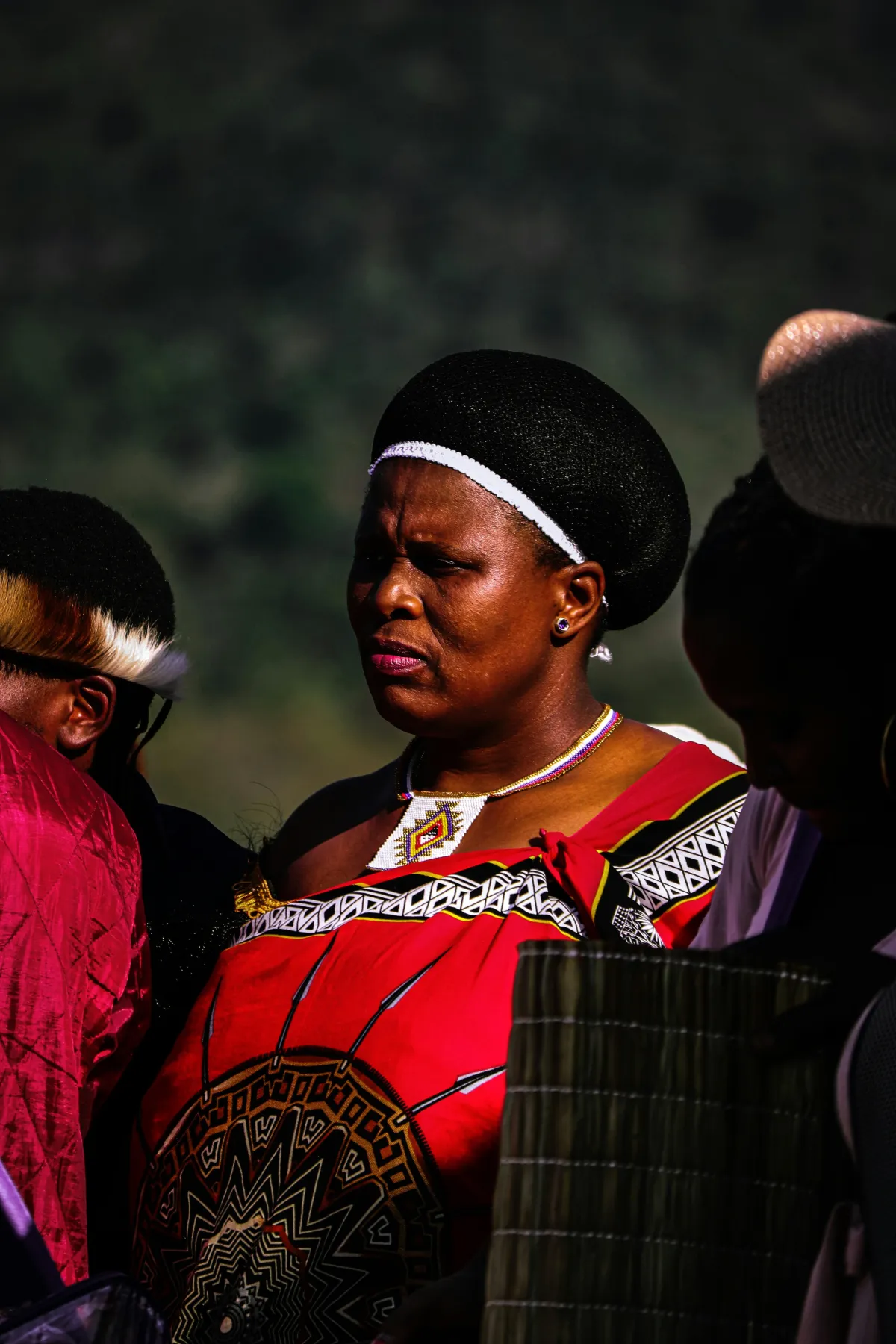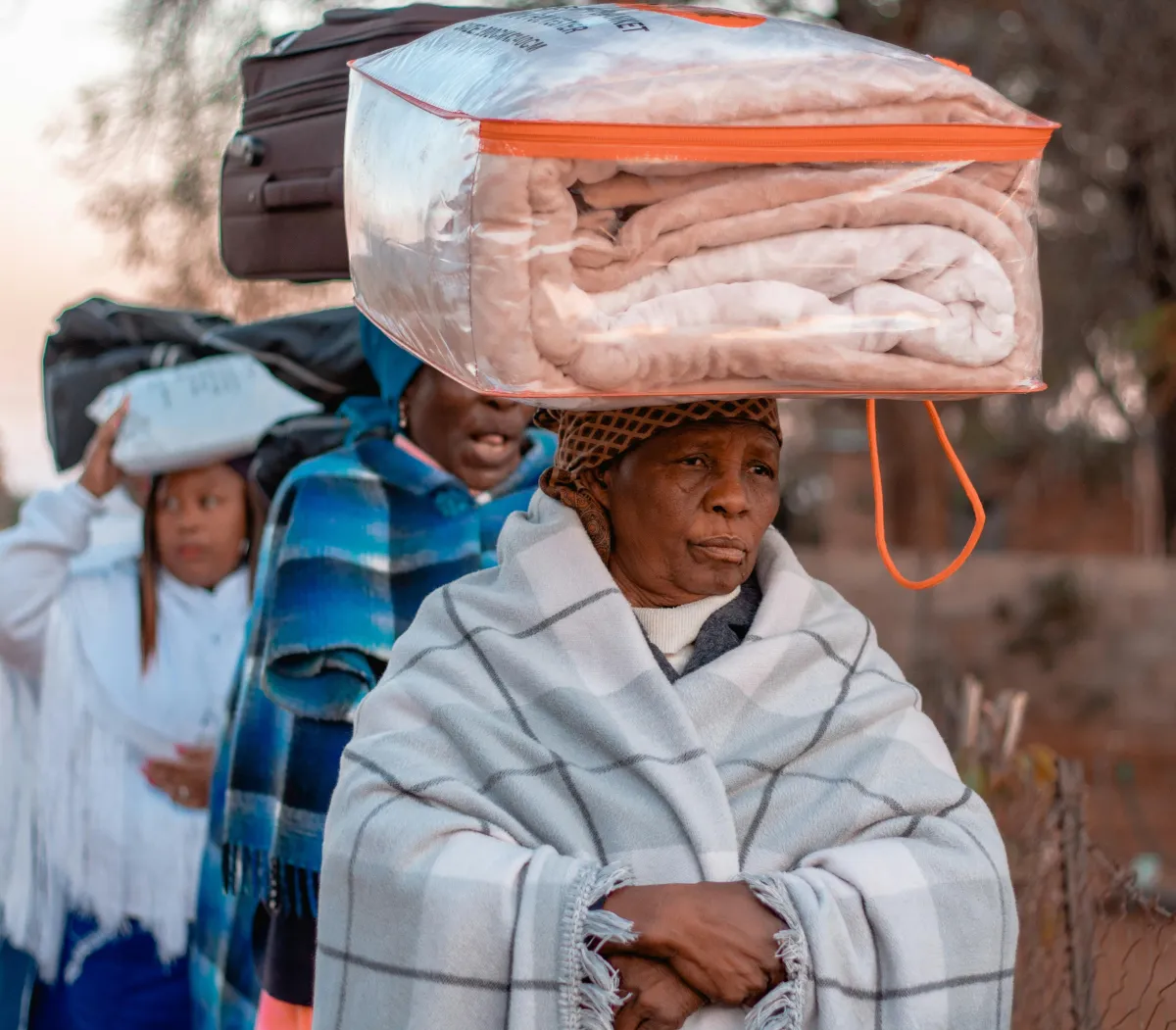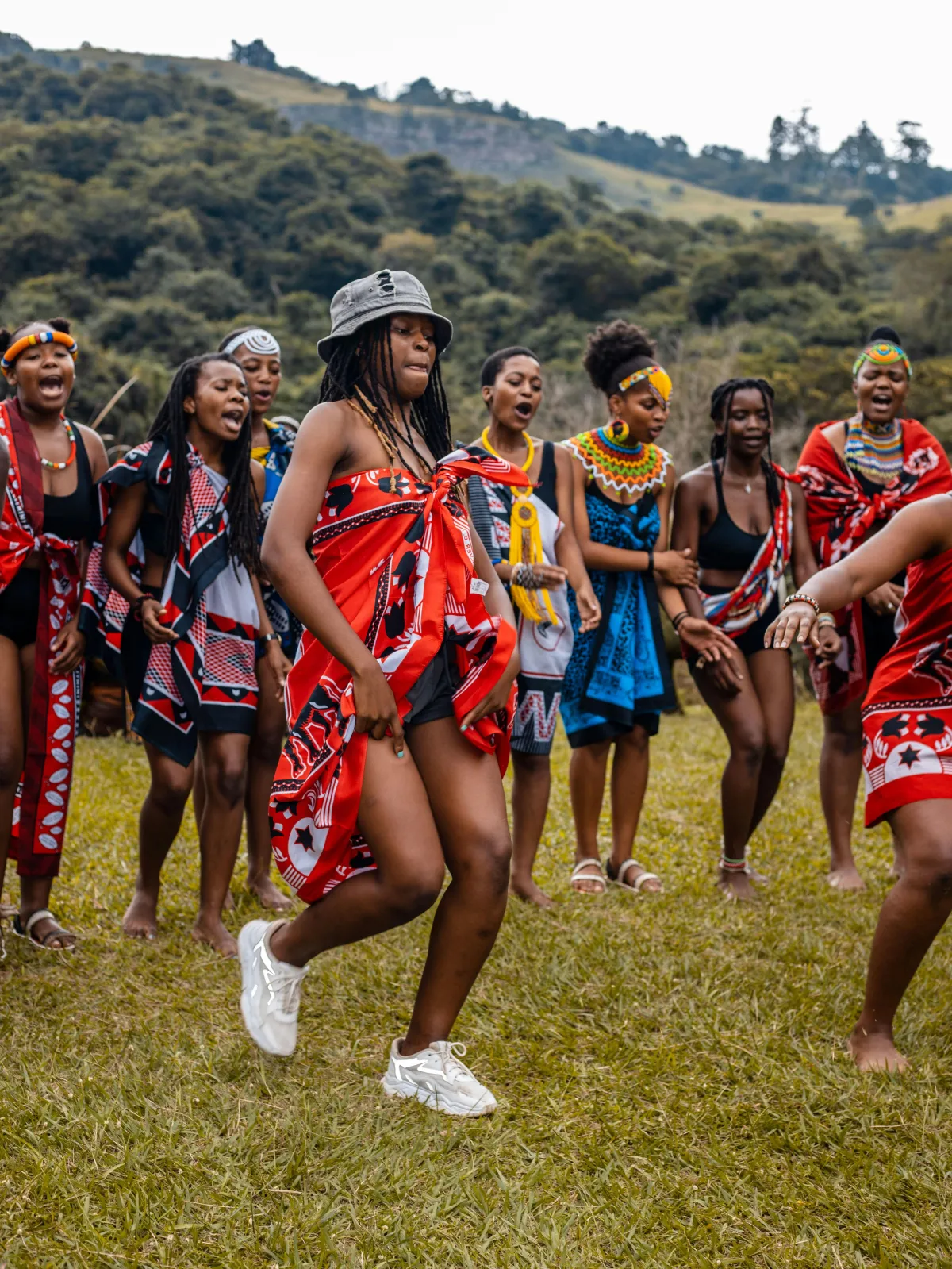Community Development & Infrastructure
"Building Stronger Traditional Communities Through Economic Growth & Infrastructure Development."
Traditional communities are rich in heritage, land, and resources, yet they often lack critical infrastructure, business opportunities, and access to modern economic systems. RACC is committed to driving economic empowerment, education, and infrastructure development in traditional territories, ensuring that rural communities thrive, not just survive.
1. Economic Empowerment: Unlocking the Potential of Traditional Communities
RACC is driving community-based economic programs that empower traditional leaders and their people to build self-sustaining economies.
1. Agricultural Projects & Rural Economy Growth
Many traditional communities own vast agricultural land, yet lack the funding, skills, and infrastructure to fully utilize it. RACC is:
Supporting small-scale farmers & cooperatives in traditional areas.
Securing investment in modern farming techniques & agro-processing industries.
Pushing for government & corporate partnerships to finance rural agricultural development.


2. Small Business Support & Entrepreneurship Programs
Rural communities are full of potential entrepreneurs, but many lack access to capital, mentorship, and markets. RACC is:
Developing training programs to teach business skills to youth & women.
Connecting entrepreneurs with microfinance loans & investors.
Building business hubs & marketplaces for rural communities.
3. Education & Skills Development in Traditional Areas
A lack of access to quality education keeps many rural communities trapped in poverty and unemployment. RACC is:
Building education centers focused on traditional leadership, business, and technology.
Partnering with universities & skills development programs to train youth.
Supporting indigenous knowledge & cultural education programs.

Infrastructure Development:
Building Stronger Rural Communities
4. Schools, Clinics, Roads,
and Water Projects
Many rural communities lack basic services such as schools, healthcare, and clean water. RACC is:
Securing funding to build schools & improve education access.
Partnering with health organizations to improve clinics & hospitals.
Funding road & transport projects to connect rural communities.
Supporting water access projects to bring clean drinking water to villages.
5. Electrification & Renewable Energy Projects in Rural Communities
Many traditional communities lack electricity, cutting them oG from education, economic growth, and modern technology. RACC is:
Investing in solar & renewable energy solutions for rural homes & businesses.
Partnering with energy companies to expand rural electrification programs.
Funding community-led power generation projects.
6. Housing & Sustainable Community Planning
Many rural communities live in poor housing conditions, with no urban planning, sewage systems, or modern infrastructure. RACC is:
Partnering with government & businesses to improve rural housing.
Securing funding for sustainable, eco-friendly housing projects.
Promoting community-based development that respects traditional governance.
How to Support These Projects
These initiatives require funding, expertise, and partnerships. You can contribute in the following ways:

Corporate
Partnerships
Businesses can invest in RACC’s projects & earn the Royal Charter certification.

Volunteer & Skilled Labour Contributions
We need engineers, educators, doctors, and business mentors.
SIGN UP TO VOLUNTEER

+27 (83) 286 7350
RACC National Office, 468 Berea Street, Muckleneuk, Pretoria
Subscribe to our social
© 2025 Royal Authority for Commerce and Charters. All rights reserved.
RACC is the official implementation agency of ROLESA.
Proudly aligned with kingship, community, and cultural governance.
